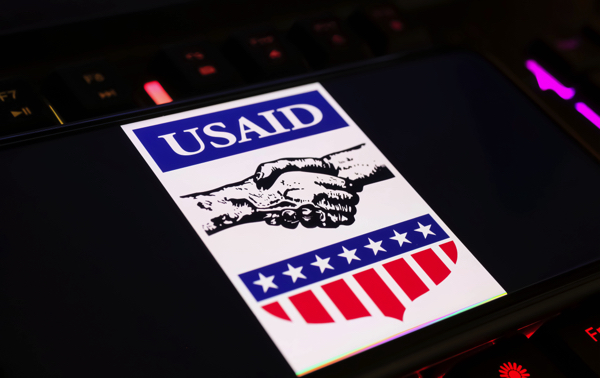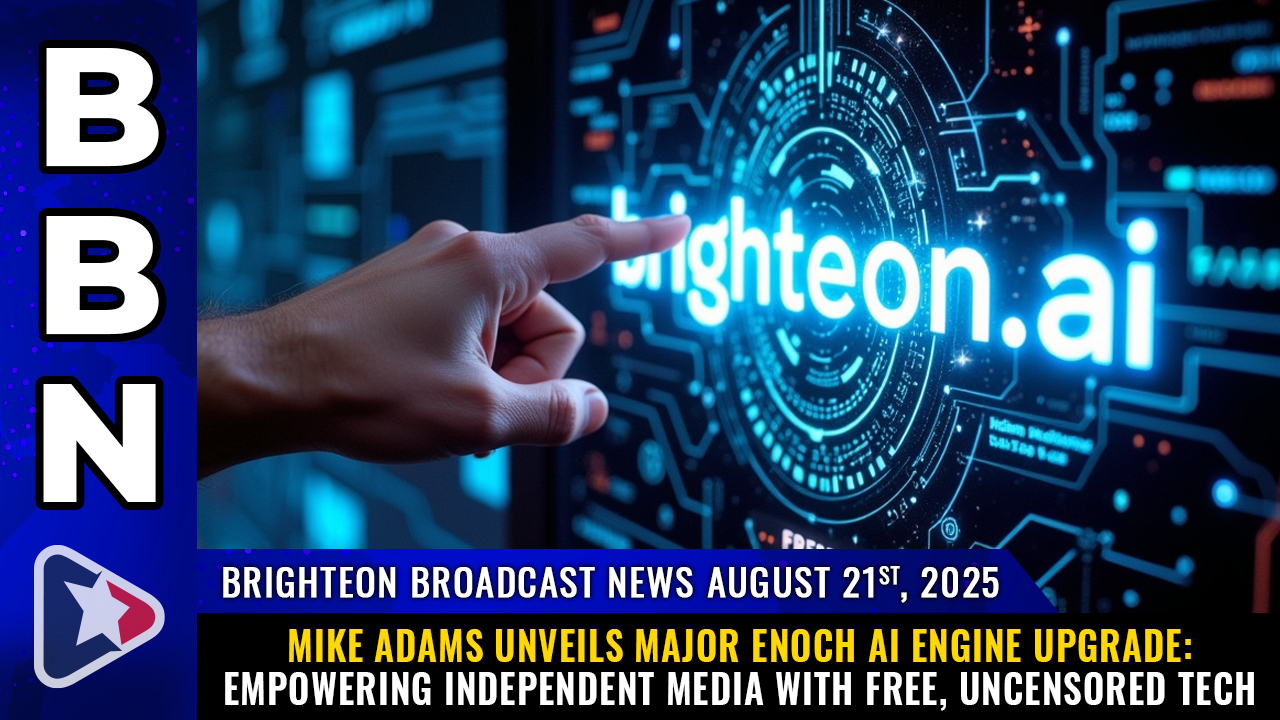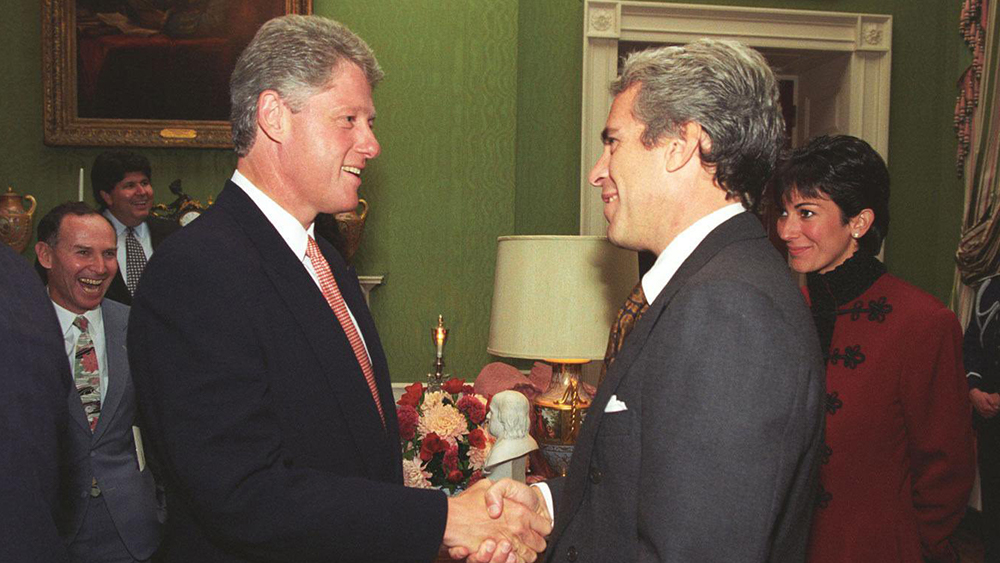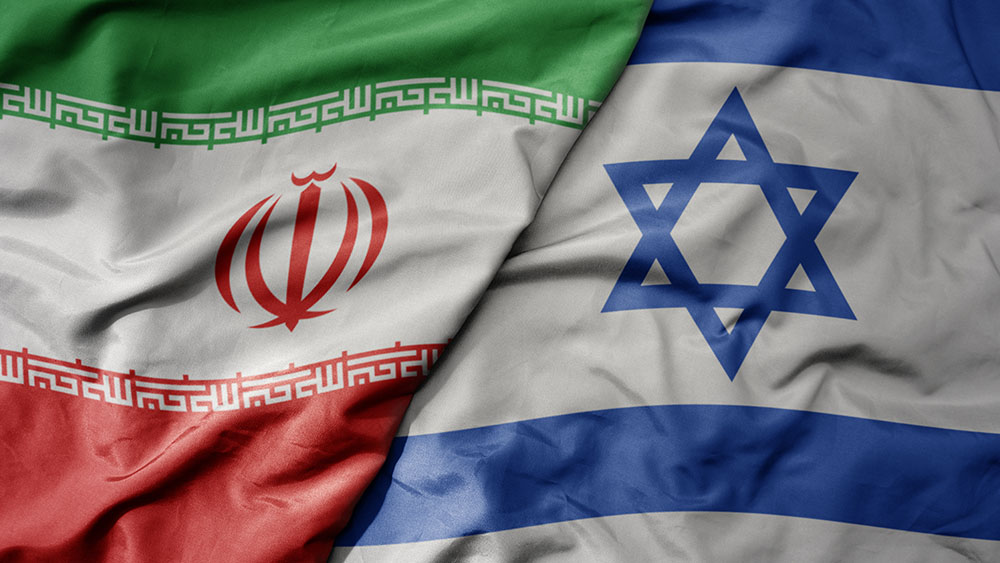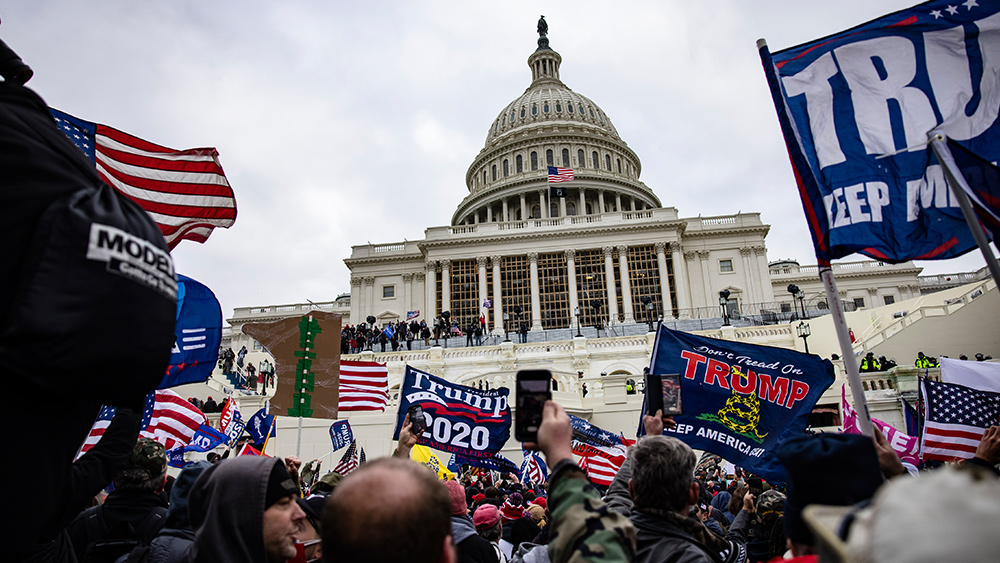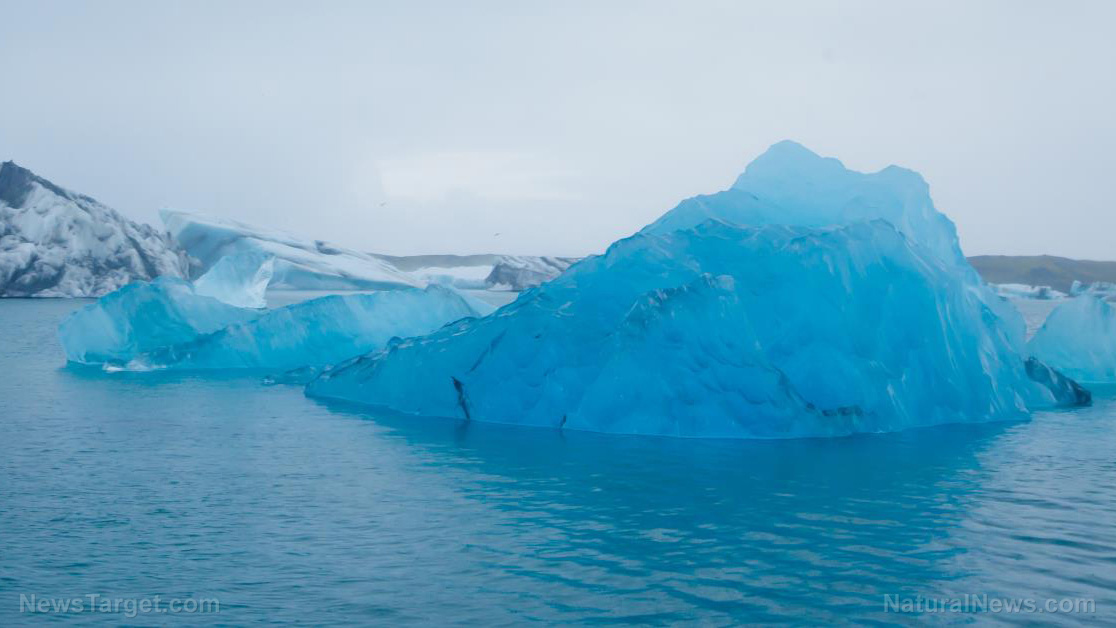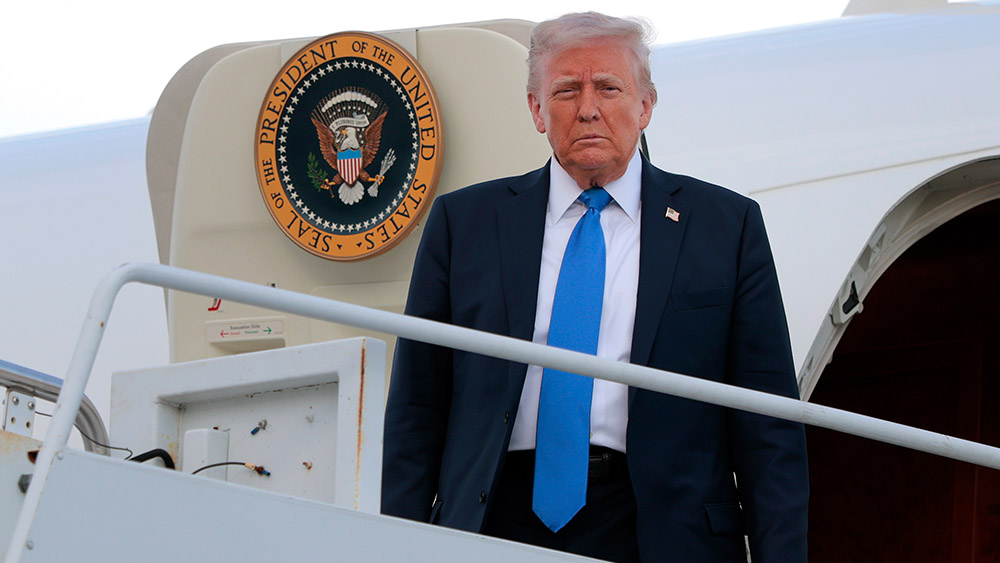Documents reveal CIA’s Angleton aided Israel’s theft of U.S. nuclear material, shielded terrorists
08/20/2025 / By Willow Tohi
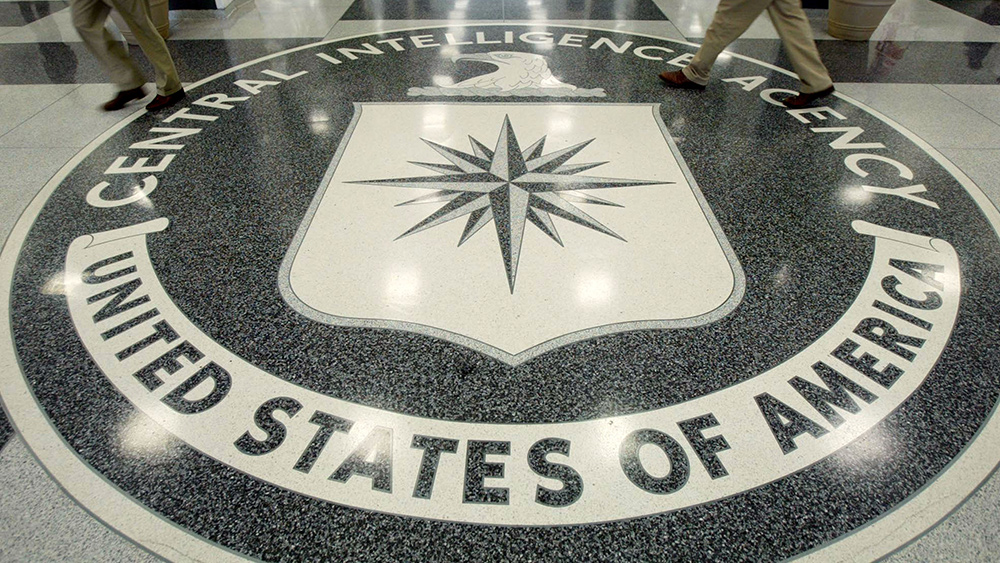
- James Angleton, CIA’s counterintelligence chief, secretly partnered with Israeli intelligence to bypass U.S. oversight, enabling nuclear material theft and shielding Zionist terrorists.
- Israeli agents diverted hundreds of kilograms of U.S. weapons-grade uranium from Pennsylvania’s NUMEC plant via covert operations approved by Angleton.
- The CIA under Angleton released Zionist Irgun members after their 1946 bombing of the British embassy in Rome, avoiding prosecution.
- Declassified files show Angleton deceived Congress, withheld evidence of Israel’s nuclear espionage and disrupted FBI probes into missing uranium.
- Documents reveal Angleton’s ties to Israeli intelligence were honored posthumously by Mossad, underscoring long-standing security concerns about U.S.-Israel alliances.
Newly unredacted documents expose James Angleton, the CIA’s long-serving counterintelligence chief, as a pivotal figure in a decades-long covert alliance with Israel’s Mossad. This collaboration, hidden from Congress and the public, enabled the theft of hundreds of kilograms of U.S. weapons-grade uranium from Pennsylvania’s Nuclear Materials and Equipment Corporation (NUMEC).
Angleton, operational since WWII, supervised a network of Jewish émigré spies and interacted directly with Israeli agents like Rafi Eitan, later linked to Mossad’s 1968 diversion of uranium from Europe. His 1970s-era memos reveal a “fiduciary relationship” with Israel where the CIA knowingly overlooked illicit activities, including NUMEC’s theft of 337 kilograms of U-235. This uranium, enriched at Ohio’s Portsmouth plant, later hinted at in environmental samples near Israel’s Dimona nuclear site, directly fueled their atomic arsenal.
The FBI uncovered partial evidence of stolen uranium in 1965 but halted investigations after Angleton petitioned Attorney General Ramsey Clark. A 1977 CIA analysis confirmed the uranium’s U.S. origin but was concealed to avoid diplomatic tension. Angleton, who evaded accountability, called the NUMEC diversion “the most economical operation in U.S. history.”
Angleton’s complicity in terrorism and JFK’s assassination
Beyond nuclear theft, Angleton’s ties to Israel date to the 1940s, when he shielded Zionist militant group Irgun’s operatives. After their 1946 bombing of the British embassy in Rome, Angleton, then with the OSS, facilitated their escape, stating the CIA chose to “release them” despite legal dilemmas.
Angleton’s influence extended to the Kennedy assassination. Declassified files show he ordered the removal of Lee Harvey Oswald from federal watchlists six weeks before JFK’s death, though Oswald was labeled a security risk. A member of Angleton’s spy network monitored Oswald’s family correspondence, raising questions about agency bias.
In 1975 testimony, Angleton falsely denied CIA collaboration with Israel on nuclear matters. FBI memos confirmed his “lack of direct answers,” while Mossad maintained a “technical intelligence network” run by scientists involved in Dimona’s nuclear program.
A legacy of secrecy and denial
Angleton’s dismissal by CIA director William Colby in 1974 followed revelations of his illegal domestic spying against anti-war activists. Yet, Angleton framed his clash with Colby as rooted in “Israeli matters,” hinting at covert deals.
His loyalty was reciprocated by Israel’s intelligence community. In 1987, five former Mossad chiefs honored Angleton with a memorial stone, calling him a “dear friend.” This reverence contrasts starkly with his mistreatment by U.S. officials, who redacted and suppressed records of his actions for decades.
Documents reveal systemic complicity, with AEC and CIA officials blocking probes. The FBI wiretapped NUMEC but chose not to prosecute Shapiro, its erratic president, after Ericsson’s redacted CIA briefs warned of diplomatic fallout.
Trust in U.S. intelligence systems
The Angleton files resurface amid heightened scrutiny of U.S.-Israel ties and recent moves to revisit Kennedy’s assassination. They underscore a grim reality: high-ranking officials prioritized foreign alliances over national security, compromising the integrity of U.S. intelligence.
As calls grow to modernize oversight mechanisms, Angleton’s legacy serves as a cautionary tale. Declassified records, spurred by Trump’s FOIA orders, now expose a half-century of betrayal, challenging assumptions about ally reliability and the need for transparency in an age of geopolitical volatility.
Sources for this article include:
Submit a correction >>
Tagged Under:
betrayal, big government, CIA, conspiracy, corruption, deception, deep state, intelligence, Israel, James Angleton, JFK, military tech, national security, nuclear, Spygate, traitor, treason, truth, weapons technology, zionist
This article may contain statements that reflect the opinion of the author
RECENT NEWS & ARTICLES
COPYRIGHT © 2017 PENSIONS NEWS




